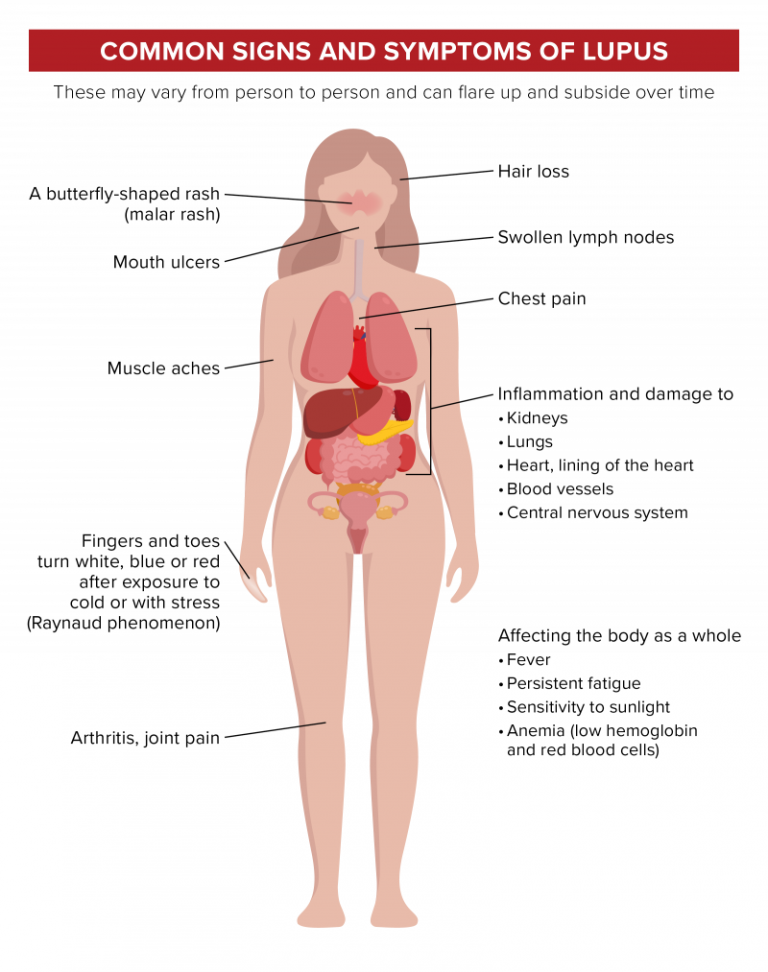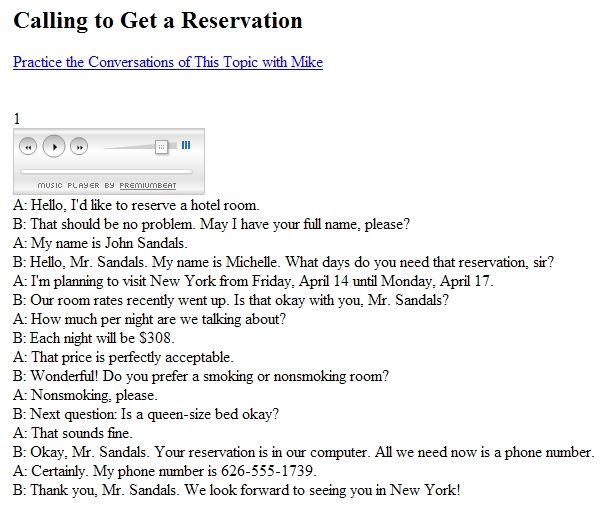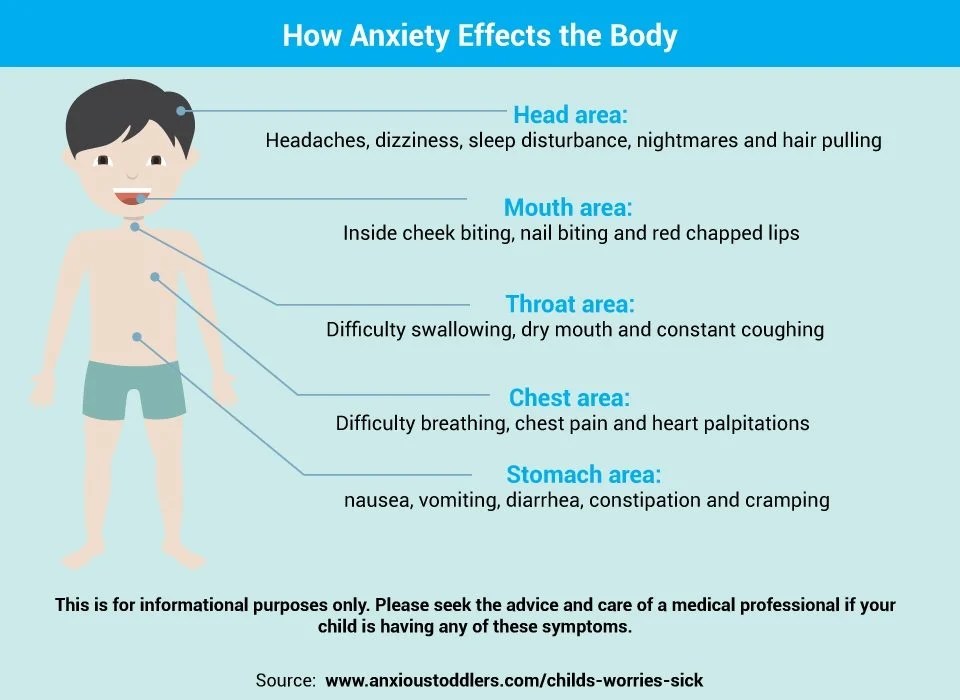Unable to relax
5 Reasons Your Brain (and You) Can’t Relax
“I almost don’t feel comfortable being relaxed.” That’s what “Pretty Little Liars” actress Tammin Sursok recently told Dr. Daniel Amen in an episode of Scan My Brain, a video series featuring high-profile individuals who share their brain SPECT scans and open up about their mental health. In the past, a previous doctor suggested that Sursok try Xanax. “I tried a half of one and it felt so foreign to me, that feeling of being relaxed, that I did not feel comfortable,” the actress said. “If I feel too relaxed, I get more anxiety.”
Sursok’s reaction is more common than you might imagine. Perhaps you can relate. When you have a free hour in your day, are you able to kick your feet up and read a great book for pleasure, listen to music that makes you happy, or just let your mind wander? Or do you feel antsy about “wasting time” and throw some clothes in the washing machine, grab a book that you should read for work, or feel guilty about not being productive?
Why is it so hard for some people to relax? A host of common issues inside the brain might be to blame for keeping your mind spinning.
1. Your brain wants a dopamine rush.
Some people with low levels of the neurotransmitter dopamine, which is commonly seen in people with ADD/ADHD, tend to be excitement-seeking and conflict-driven. For these people, relaxing is just another word for boring. Big thrills—whether they come from bungee jumping, taking a spontaneous road trip, or even having an argument—boost dopamine in the brain. Sursok, whose brain SPECT scans showed activity patterns typically seen in those with ADD/ADHD, says she sometimes finds herself searching for that dopamine rush by creating conflict in her close relationships. “Things will be going really well, and I’ll be having a great day with my husband and then something will trigger me, and I will go straight to getting that feeling up, getting my heart to palpitate.”
“Things will be going really well, and I’ll be having a great day with my husband and then something will trigger me, and I will go straight to getting that feeling up, getting my heart to palpitate.”
Relaxation Rx: Boost dopamine in healthier ways to reduce the need to seek excitement or conflict. You can increase the neurotransmitter naturally by eating a higher-protein, lower-carbohydrate diet and taking nutritional supplements like green tea, rhodiola, and ginseng.
2. Your emotional brain is overactive.When the brain’s emotional centers and fear centers are overactive, it can be associated with depression and anxiety. If you have this common brain pattern, you may stay busy as a way to distract yourself from your anxious thoughts and feelings of hopelessness. When the world calms down around you, it’s like those worries and depressed moods come into sharper focus.
Relaxation Rx: Practice mental hygiene by challenging the automatic negative thoughts (ANTs) that creep into your mind and prevent relaxation.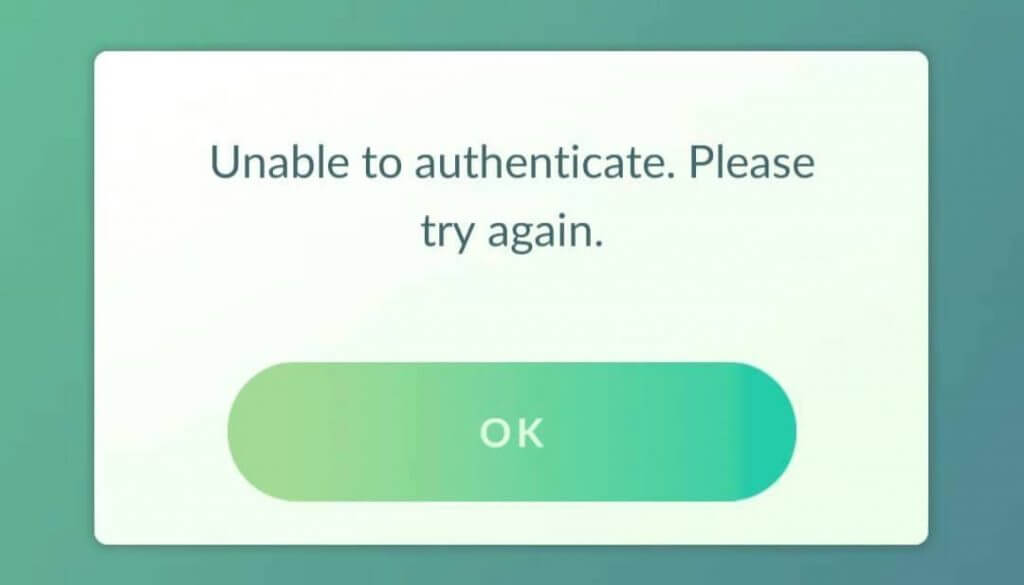 Supplements that calm the emotional and fear centers of the brain include saffron, omega-3 fatty acids, and GABA. Bright light therapy and the scent of lavender may also help.
Supplements that calm the emotional and fear centers of the brain include saffron, omega-3 fatty acids, and GABA. Bright light therapy and the scent of lavender may also help.
Our sympathetic nervous system (SNS) is the fight-or-flight response that makes us feel anxious and afraid. Our parasympathetic nervous system (PNS) is the relaxation response that counterbalances the SNS and helps us calm down after a heart-pounding incident. When the nervous system is healthy, they work in concert to help us manage stress. Chronic stress or prolonged trauma, however, can interfere with the body’s relaxation mechanism. When trauma is severe or prolonged or it leads to post-traumatic stress disorder (PTSD), the SNS can get stuck on, making you feel restless, anxious, panicky, hyperaroused, hypervigilant, or sleepless. If this is the case, even when you try to relax, you aren’t able to shake off those feelings.
Relaxation Rx: If the SNS is stuck on, calm it with meditation, prayer, hypnosis, guided imagery, diaphragmatic breathing, and calming supplements, such as GABA, magnesium, or theanine. For PTSD, therapeutic interventions such as EMDR may be helpful.
4. You stress about relaxation.When relaxation is just another task on your to-do list, it can be counterproductive. And if you approach it with a perfectionist attitude, it could backfire. For example, checking your heart rate monitor every few seconds as you engage in deep breathing or meditation to see if your level is going down may actually increase feelings of anxiousness.
Relaxation Rx: If this sounds like you, don’t make relaxation a chore. Rid yourself of expectations and just breathe, take a walk, or meditate without any goals. And remember, self-care isn’t one size fits all. Try a variety of activities and hobbies to see what works for you.
5. You fuel your brain with distressing news.
You fuel your brain with distressing news.
If you’re hooked on watching or reading the news, you’re basically feeding your brain a steady diet of disturbing deaths, disasters, and divisive politics. You’re flooding your mind with toxic thoughts that activate the brain’s fear circuits, making you feel chronically anxious and afraid. It’s hard to relax when you’re constantly on edge and your brain is seeking out the next impending disaster around the corner.
Relaxation Rx: Limit your media consumption and subscribe to news outlets, such as the Good News Network, which specializes in highlighting the positive things that are happening in our world.
Anxiety, depression, PTSD, and other mental health issues can’t wait. At Amen Clinics, we’re here for you. We offer in-clinic brain scanning and appointments, as well as mental telehealth, clinical evaluations, and therapy for adults, teens, children, and couples. Find out more by speaking to a specialist today at 888-288-9834 or visit our contact page here.
Can’t Relax? Consider These 7 Relaxation Tips
It can be tough to quiet your mind and relax when stressed. These science-backed relaxation techniques might help.
Relaxation is like brushing your teeth or drinking water: creating a consistent routine is important to maintaining your health.
Chronic stress can contribute to various mental and physical health problems, from depression to cardiovascular disease.
Your doctor might have advised you to “reduce stress,” but relaxing on demand isn’t always easy.
The good news is that there are many relaxation methods out there. Even if one doesn’t work for you, you might find that another does the trick.
If you’re finding it difficult to relax, here are seven techniques to consider.
Deep breathing exercises often feel a little more doable than meditation. Even if you can’t “quiet your mind,” you can focus on your breath.
These exercises can also be done fairly quickly, making them a convenient way to relax at work or on a busy day.
Research from 2018 has shown that deep breathing can benefit your mental and physical wellness. In particular, it can promote a sense of calm and relaxation.
Exercise can reduce stress as well as the symptoms of depression.
Exercise naturally boosts your mood by improving your levels of feel-good hormones, such as:
- endorphins
- dopamine
- serotonin
Exercise also lowers your levels of cortisol, the stress hormone. Remember that you’re trying to relax — so it’s best to do whatever exercise feels good for you. Walking and yoga can be calming.
But if you’re feeling restless, you might want to release energy with a fast-paced exercise.
Progressive muscle relaxation (PMR) involves tightening and relaxing one muscle group at a time, usually working your way from your toes to your face.
Typically, you’ll start by lying down in a comfortable position. Starting with your toes, tense each muscle group and hold for 5 seconds. Exhale and relax your muscles. After 10 or 20 seconds, repeat with the next muscle group.
Exhale and relax your muscles. After 10 or 20 seconds, repeat with the next muscle group.
Several studies have suggested that PMR can aid relaxation and stress relief. A 2019 study of 50 people concluded that PMR:
- improved feelings of well-being
- reduced symptoms of depression
- reduced anxiety symptoms
- decreased stress
A 2020 study looked at the effects of PMR on 80 burn patients and found that it improved sleep quality and reduced anxiety.
Your imagination is a powerful tool. Visualizing a relaxing or calming scene can be a great way to relieve stress. The beach, forests, and other natural spaces are common visualizations.
When you visualize the scene, pay attention not only to what you’ll see but also to what you’ll:
- hear
- smell
- feel
- taste
Imagine how relaxed you would feel if you were there in person.
Are you feeling stuck? These visualization exercises might be helpful.
It’s helpful to learn to cope with what you can’t change. But sometimes, the issue that’s keeping us from relaxing is something we can address.
If you’re feeling stressed, you might tune in to your thoughts and realize that you’re bothered by something you can change.
Perhaps you’re dreading writing an email you’ve been putting off, your kitchen is cluttered, or you need to run an errand you dislike.
Although it’s tempting to put the thing off in the name of self-care, you might feel better if you grit your teeth and get it done. Afterward, you might want to reward yourself with a treat.
Putting pen to paper can be powerful. If your head’s abuzz with tomorrow’s to-do list, writing it down might help you feel better. Many people use journaling to relieve stress.
You might want to try a “brain dump,” where you dump all your thoughts on a piece of paper.
A brain dump can help you work through overwhelm, as it’s a space to process your thoughts. Often, our stressors feel more manageable when we see them written down.
Often, our stressors feel more manageable when we see them written down.
It can be therapeutic to talk about the issue that’s bothering you. Venting to a loved one might help you feel supported. It can also be a good way to ask for advice if that’s what you want.
If you often find it difficult to relax, you might benefit from talking with a therapist. Talk therapy can be a space to discuss and process stressful feelings and events. Therapy can also help you learn healthy ways to cope with stress.
You don’t need a diagnosed mental health condition to see a therapist — almost anyone can benefit from therapy. We have a guide to finding therapy and mental health resources.
A healthy lifestyle should include relaxing frequently. Although relaxing can sometimes be difficult, the above suggestions might help you relieve stress.
If you’re still finding it difficult to relax, consider finding a therapist. Local or online support groups might also be useful.
How to relax and calm down, effective ways - MyGenetics Blog
How often have you caught yourself thinking that you are tired and cannot fully relax even on weekends? Most likely, this is a consequence of constant stress and loads that the body can no longer cope on its own. To avoid overwork, you need to understand how to learn to relax psychologically and physically, without losing working capacity.
To avoid overwork, you need to understand how to learn to relax psychologically and physically, without losing working capacity.
Even in the most difficult and difficult moments, being able to relax means giving yourself the opportunity and the way to build a defense against stress. This will help to get rid of many problems of modern people. Insomnia, headaches and migraines, weakening of the immune system. Each of the points is most often caused by general fatigue of the body.
To understand how to learn to relax, you need to understand the causes of stress. This will help you quickly learn to activate internal forces and be calm more often. To do this, it is not at all necessary to visit a specialist's office or expensive salons for relaxation. It is enough to understand how to negotiate with your own body.
What is the ability to relax
Often people forget how important it is to give yourself a break. The ability to relax physically and emotionally is a useful function of the body, which can be forgotten over time. Especially if you have been under constant stress and conflict for a long time.
Especially if you have been under constant stress and conflict for a long time.
Internal problems cannot be resolved if you do not know how to relieve stress without resorting to the help of a psychologist. Nevertheless, there are such ways of relaxation, and there are many of them. It is enough to find a suitable option for yourself and do not forget to use it from time to time.
The ability to disengage from unpleasant surroundings and thoughts - this is the ability to relax. You can do this almost anywhere where you can retire for a few minutes. Failures, problems and other negativity will gradually recede from you.
Why am I tense
The reasons why you experience constant stress and fatigue can be very diverse. The most frequent of them are:
- overload at work;
- conflict situations on the street and at home;
- financial difficulties and unforeseen situations;
- stress from bad news;
- nervous tension from constant noise;
- frequent negative thoughts.

As a result, a lot of negative energy accumulates inside you. She presses not only psychologically. Instinctively, your body tries to protect itself from the influence of negativity. As a result, you get tight muscles, poor sleep and constant tension in the body.
Residents of megacities are more likely to be affected by stressful situations. This is due to the increased speed of life, which is why it is so important to be able to relax quickly without wasting precious time. Otherwise, your body will not be able to cope even with everyday activities.
How to relax properly
To combat fatigue and overexertion, it is not enough just to sleep or lie down with your favorite book. Yes, and most often it is problematic to find time for such a vacation. However, there are ways to get rid of stress in a very short time. It is easy to learn to relax during the working day. At the same time, you do not lose your efficiency and can quickly return to the ranks of your colleagues.
When there is a lot of free time, it is worth using it to the maximum in order to bounce back. So you can not only fully get rid of overload, but also teach the body to deal with stress at any time. The technique of performing actions for rest, by the way, does not require special skills and abilities. Therefore, you can safely proceed to improve your well-being and strengthen the nervous system.
Stress relaxation techniques
Do you understand that it is difficult to restrain negative emotions rushing out? This is the first sign of overwork and excessive stress. If suppressed in oneself, such manifestations can develop into depression and other mental illnesses. But you can’t openly pour out anger and fear, especially in a crowded place. There are methods to deal with piled overvoltage quickly:
- Identify the cause of your stress. Understanding the cause of such an unpleasant state is the first step towards peace.
 Can't figure out what's really bothering you? Ask yourself the question "Why?" And for each answer, ask again “Why is that?”. This will help you get to the bottom of the true cause of the condition.
Can't figure out what's really bothering you? Ask yourself the question "Why?" And for each answer, ask again “Why is that?”. This will help you get to the bottom of the true cause of the condition. - Try to remove all negative thoughts from your mind and focus on any pleasant event in your life. The more vivid the memory, the better.
- Do some simple exercise. For example, jumping or waving your arms. This will help the body effectively deal with the stress hormone.
- Breathe deeply. Inhale the air, filling yourself with it from the bottom up (from the stomach to the chest), and exhale vice versa, from the top down.
These simple actions will not relieve you of overload completely, but will give you the opportunity to calm down for a while. Later, at home in a calm environment, you can use a more effective method of relaxation.
How to learn to relax psychologically
Your subconscious is quite capable of coping with any load. You just need to be able to activate the defense mechanisms. Meditation and proper breathing will help you with this. It's not as difficult as it might seem.
You just need to be able to activate the defense mechanisms. Meditation and proper breathing will help you with this. It's not as difficult as it might seem.
Choose a time when you can be alone with yourself. Sit in the lotus (if you can) or half lotus position. It is important to keep your back straight so as not to prevent the lungs from being completely filled with air. Close your eyes and breathe slowly and measuredly. Try to imagine a calm, peaceful place, such as the sea or a field. Make yourself feel like a light wind is blowing in your face. It brings favorite smells, pleasant and unobtrusive.
How to relax emotionally
Most of our problems are internal. They do not allow you to fully rest and relax properly. It is very difficult to get rid of negative thoughts and emotions. However, it is very important to learn how to do this in order to ensure inner harmony and peace.
Do not look for causes of stress in your environment and try not to think badly even about the most unpleasant circumstances. Train yourself to be an optimist and find the good in everything. Got laid off at work? This is your chance to find something you love. Wet in the rain and caught a cold? So there was time to devote the day only to yourself and finally read a new book.
Train yourself to be an optimist and find the good in everything. Got laid off at work? This is your chance to find something you love. Wet in the rain and caught a cold? So there was time to devote the day only to yourself and finally read a new book.
How to relax the body with meditation
The ability to relax completely can be obtained not only during a massage session. Although this method is undoubtedly very effective. Meditation helps to achieve the optimal balance between inner peace and relaxation of the body. This greatly increases the body's chances of resistance to the surrounding negativity.
For a full-fledged meditation, it is worth allocating at least 20 minutes a day. At this time, no one should disturb or pull you. Avoid excessive noise, but you can turn on the music. It is worth choosing calm melodies, without sharp transitions. A slow rhythm will help you better coordinate your breathing.
How to relax the brain
As you know, mental work much more often leads to exhaustion of the body than physical work. The reason is that the work of the brain involves too many nerve cells. And the longer you do not give yourself a break from the constant thought process, the stronger the impact of stress will be. You can’t overload yourself with problems and worries every day, while forgetting to rest.
The reason is that the work of the brain involves too many nerve cells. And the longer you do not give yourself a break from the constant thought process, the stronger the impact of stress will be. You can’t overload yourself with problems and worries every day, while forgetting to rest.
How to give the brain a break from mental work, while not losing the ability to quickly respond to changing tasks? It is worth learning to protect yourself from bad thoughts. Yes, at first it is quite difficult to do this. But by practicing constantly, you will learn to let any negative thoughts pass you by without loading your brain:
- Focus more on positive thoughts, or better yet, write them down.
- pick up a few favorite natural fragrances and inhale them a couple of times a day for 5-6 minutes.
- learn to value your opinion above someone else's, you should not depend on what people think.
Three simple steps that will successfully relax your head and relieve your brain of tension.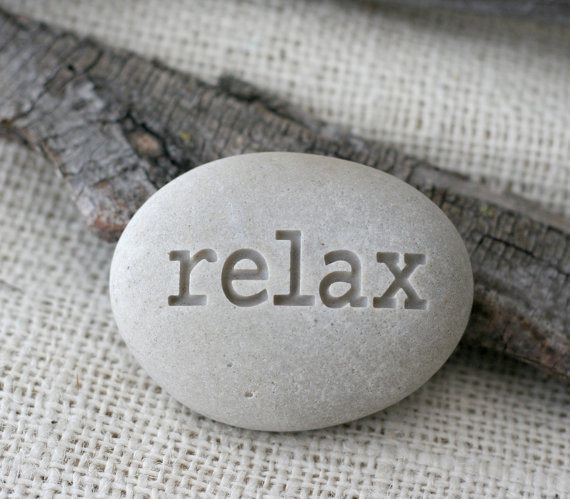
How to relax from stress
Faced with stress, many people are afraid of new actions and thoughts, which dooms themselves to constant fatigue. This problem needs to be solved very quickly, as it acts destructively on your subconscious. The researchers concluded that the female sex is more prone to stress than the male. Increased emotionality and a low psychological protective barrier affect.
How to relax a woman faced with stress, so as not to injure the nervous system anymore? Give yourself half an hour of rest a day. During this time, you should use breathing exercises, drink warm tea and think about your dreams. It is about dreams, not goals, which are easy to achieve with enough time and money. Every emotion you have at this moment should be filled with positivity and happiness.
Schulz method
A successful practice in dealing with stress is the Schultz complex. This professor is fully convinced that every person has a certain degree of ability to hypnosis. And with the help of it, it is quite possible to fight overwork. You need to do this in several steps.
And with the help of it, it is quite possible to fight overwork. You need to do this in several steps.
- Feel the heaviness. Lie down as comfortably as possible and close your eyes. Make yourself feel completely at peace and calm. Then focus on making the left hand feel heavy. Bend your elbow and take two deep breaths in and out. Then repeat the same, but with the right hand.
- The next step is the same exercise, but with the heaviness replaced by a feeling of light warmth. It is important to really feel the mental projection.
- Place your hand on your heart and confidently say in your mind that your heartbeat is even and calm. This should be repeated four times.
- Control your breathing. As in the previous step, repeat in your mind that your breathing is calm and light.
- Relax the abdominal muscles and feel the warmth in the solar plexus area. After a while, you will feel like you are in a hot bath.
- To end the exercise, focus on the thought that your forehead is cool and the breeze is blowing on it.
Breathing relaxation technique
It is worth understanding how to completely relax with the help of breathing. Yes, we breathe all the time, but only certain techniques will help to cope with overvoltage. First of all, remember that deep breathing should not be sharp, you need to inhale and exhale smoothly and slowly.
The topic of proper breathing is well known to those who practice yoga. It is in this teaching that it is well told how to breathe for the benefit of oneself. Do not be too lazy to pick up a few simple exercises for yourself and perform them daily.
DNA analysis
Scientists have found that the presence of a certain set of genes provides stress resistance. It is this mechanism that allows you to relax and avoid the critical state of overvoltage. To determine your level of preparation for the negative, you can do a MyNeuro DNA analysis. This will help to identify possible problems in the mechanisms of protection against stress and work to strengthen them.
To determine your level of preparation for the negative, you can do a MyNeuro DNA analysis. This will help to identify possible problems in the mechanisms of protection against stress and work to strengthen them.
Where to order a genetic test
Our center offers to carry out all the necessary genetic research. Thanks to modern equipment, you can find out the features of your body. Our experts will help you accurately decipher all the received data. Based on this information, it will be easy for you to determine your strengths and weaknesses, and choose a path for developing stress resistance.
Customer reviews
Those who have already done a DNA study speak of the benefits of such a procedure mostly positively:
- “Now I know for sure that I can quite cope with all the stresses. I never really suffered from them, now I know for sure that it is in my blood.”
- “I have always wondered why I react so sensitively to any adversity.
 But it turned out that I have little stress resistance in the genes. I will do more of myself in this direction.”
But it turned out that I have little stress resistance in the genes. I will do more of myself in this direction.” - “Did a DNA test out of interest. I am quite pleased with the results, everything is about average. Not good and not bad, and there is room for improvement.”
Can't relax, constant tension
Maria (32 years old) 01/19/2019
Good afternoon, I almost constantly feel tightness in my body, as if my body is not enough for me, even when I lie down, but my muscles are stiff, there is a lot of stress in life, before my life was very eventful, trips, new people, there was a drive in the movements themselves from hitchhiking to planes and ships, probably running away from my problems, but gradually I became bored and I decided to settle down on the spot, found a job in Moscow, met a young man, all this became the complete opposite of the old life. But it became hard for me, as if I were in a vacuum, the world and I were separated, then I rushed to all things and like a squirrel, then I lay and there was no strength to crawl out from under the covers. I’m 30, I recently transferred to Germany, and again I began to feel that I’m not the same as I should be, feeling useless (I can only work half a day because of the courses), we live in a house with my husband’s parents, it seems to me, that I’m doing everything wrong in terms of the house, everything that I did before is now unnecessary, because it’s different here, because of the strong difference in wages, it seems to me that my husband’s parents do not approve of this, although they don’t say, we all pay equal parts for house and food, I help around the house, it's all included in the basic needs, but sometimes it seems to me that something is not there, I want to cry, but I don’t know what the reason is, I start to come up with more problems and drown in these thoughts. I feel good during sleep, when I wake up as I fall into a well with cold water and my body shrinks.
But it became hard for me, as if I were in a vacuum, the world and I were separated, then I rushed to all things and like a squirrel, then I lay and there was no strength to crawl out from under the covers. I’m 30, I recently transferred to Germany, and again I began to feel that I’m not the same as I should be, feeling useless (I can only work half a day because of the courses), we live in a house with my husband’s parents, it seems to me, that I’m doing everything wrong in terms of the house, everything that I did before is now unnecessary, because it’s different here, because of the strong difference in wages, it seems to me that my husband’s parents do not approve of this, although they don’t say, we all pay equal parts for house and food, I help around the house, it's all included in the basic needs, but sometimes it seems to me that something is not there, I want to cry, but I don’t know what the reason is, I start to come up with more problems and drown in these thoughts. I feel good during sleep, when I wake up as I fall into a well with cold water and my body shrinks. How to learn to relax?
How to learn to relax?
Similar question
I can't relax, I'm constantly tense (1 answer)
Hello Maria! Moving to another country is stressful, you need to go through an adaptation period. This takes time, everyone has their own, but not less than a year. You live with your husband's parents, who live by their own rules, and you need to follow them. Judging by the letter, you are used to being free, it is difficult for you to be in control. You are used to being active, doing many things at once. But here everything is different, you need to slow down, do everything with the calculation. Look at it from a different angle, find pluses in it. They certainly are. You do not lose anything, but gain new experience. This is my subjective opinion. I wish you inner harmony and good luck!
Similar question
I can not relax, I constantly walk in tension (1 answer)
Good afternoon!
Maria, you want to feel and understand how to get harmony inside. Pay close attention to bodily cues. Intuition says something.
Pay close attention to bodily cues. Intuition says something.
Any mental problem is an indicator of a tense search for a new, turning point in development, in other words, a crisis. Unrequited feelings need to be dealt with.
This is a psychological work, something that has accumulated, separated, not alone, and you are probably looking forward to starting it.
Best regards,
counseling, psychotherapy via Skype.
Alla Kudryashova, analytical psychologist.
Similar question
I can not relax, I am constantly in tension (3 answers)
Dear Maria!
You can learn how to relax, there are many meditations on the Internet, various relaxation techniques, but you still need to work with a psychologist, share your experiences, feelings, thoughts, set goals and go towards them. It is important to interact with your husband, his parents, and not figure out how they relate to your actions, your fantasies about other people can be very different from reality. It is very important to approve yourself, consider yourself “as you should be”, for this you need a psychologist, so that with this person you can feel exactly like that, and then transfer this experience to real life. A person who considers himself to be the right one is always successful, he is not very interested in what others think of him, he just knows "he is ok." We are usually interested in someone else's opinion out of fear of losing something important, for example, if the husband's parents do not love, then they can turn the husband against, and he will leave. Perhaps this is so for you, perhaps you have some other experiences, it is important to deal with this in order to calm down and enjoy life. If you want to cope with your condition, please contact, consult on Skype.
It is very important to approve yourself, consider yourself “as you should be”, for this you need a psychologist, so that with this person you can feel exactly like that, and then transfer this experience to real life. A person who considers himself to be the right one is always successful, he is not very interested in what others think of him, he just knows "he is ok." We are usually interested in someone else's opinion out of fear of losing something important, for example, if the husband's parents do not love, then they can turn the husband against, and he will leave. Perhaps this is so for you, perhaps you have some other experiences, it is important to deal with this in order to calm down and enjoy life. If you want to cope with your condition, please contact, consult on Skype.
Sincerely yours, family psychologist Volzhenina Liliya Mikhailovna, Novosibirsk
Similar question
Nothing in life is interesting, I can not relax (2 answers)
Good afternoon, Maria. Unfortunately, "learning to relax" will not be enough here. You write about symptoms of depression:
Unfortunately, "learning to relax" will not be enough here. You write about symptoms of depression:
Maria
feeling like I'm not the way I should be, feeling worthless
Maria
But it became hard for me, as if I am in a vacuum, the world and I are separated
therefore, I recommend that you take tests - the Beck Depression Scale, the Tsung Depression Scale, in order to better understand your condition. If the scores are high, you need the help of not only a psychologist, but also a psychiatrist, since the nervous system will need "crutches" for some period to cope.
In addition, when you move about six months later, during the period of adaptation, the phase of "culture shock" begins, when novelty and initial euphoria subside and the environment ceases to please, but rather causes irritation and nostalgia (and this can also be the cause of depression). In this phase, people often return - however, after returning, the same process of adaptation begins - and in the same way, the phase of "culture shock" begins, but already in their homeland.
For a while I can support you on Skype and continue to recommend psychologists who moved from Russia and live in Germany - because for better adaptation it is good to work with a local psychologist who knows what cultural features you are facing.
The course of adaptation to a new culture itself consists of several stages. The first is supporting your identity, what supports you, what you like. And the second is the correlation of your values and the values \u200b\u200bof the culture that surrounds you. At the first stage, I can support you - and this is work with your resources. (Provided that you pass tests and diagnose the condition of your nervous system).
Best regards,
Ulyana Chernysheva, individual consultations online and in Moscow
Similar question
Can't relax (4 answers)
Hello, Maria. I really sympathize. It is known that if a person experiences anxiety in one country, then he will experience it everywhere.
